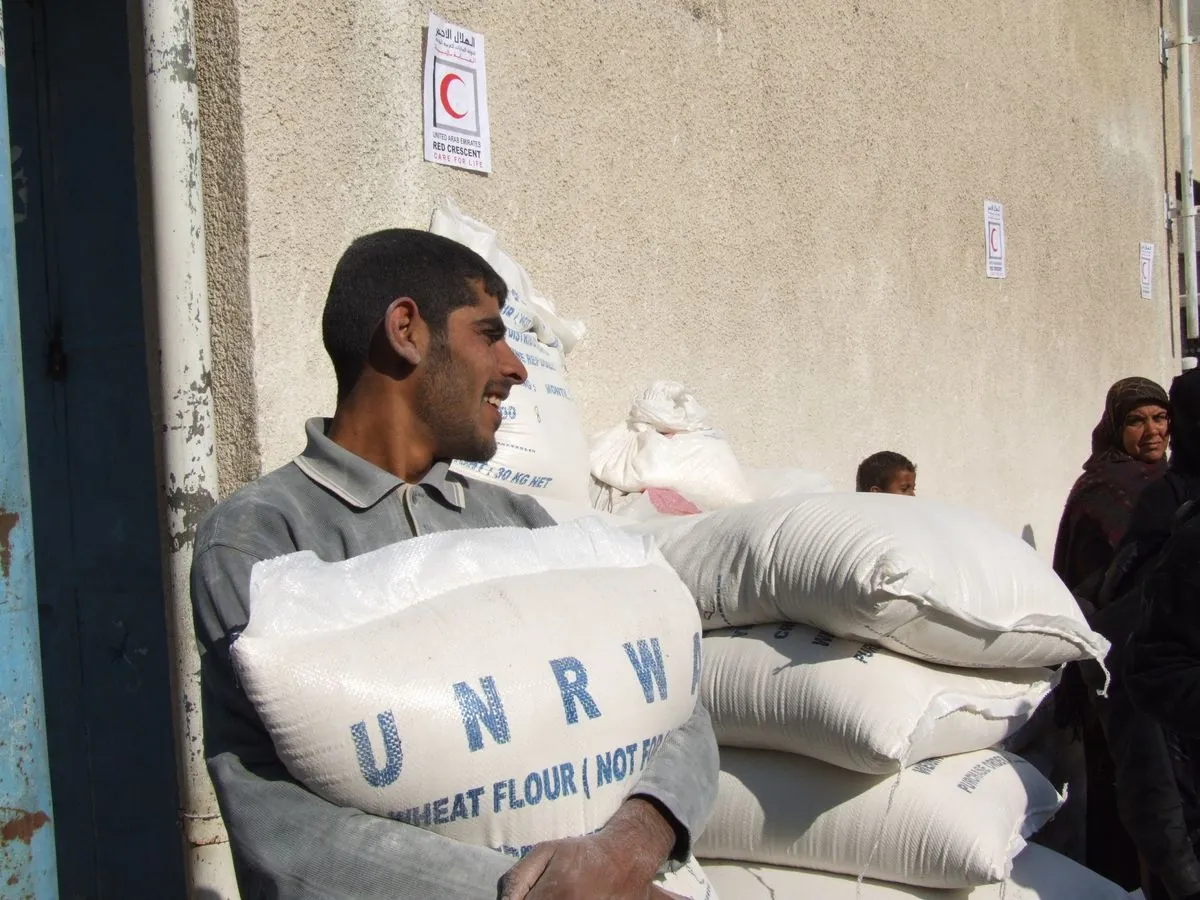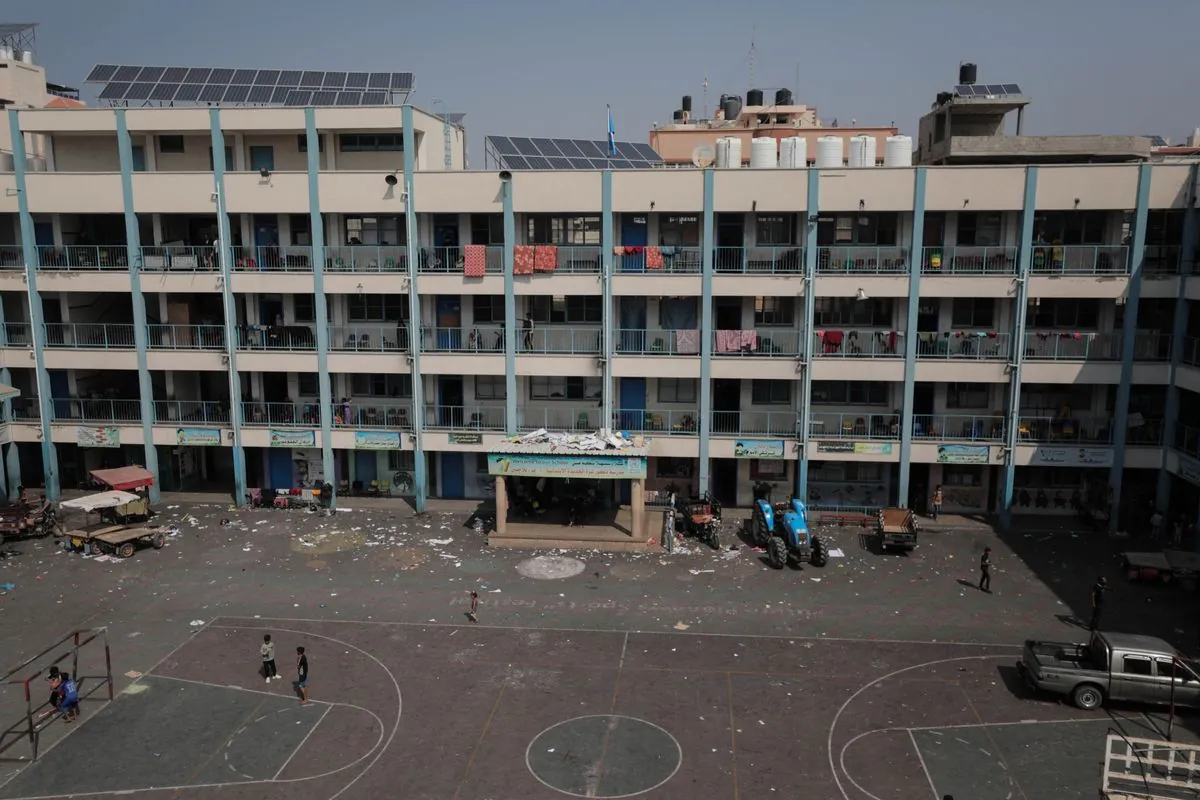UN Dismisses More UNRWA Staff Over Alleged Oct 7 Attack Involvement
The UN has fired additional UNRWA staff members suspected of involvement in the October 7 attack on Israel. This decision follows an internal investigation and previous dismissals, sparking renewed calls for funding suspension.

The United Nations has announced the dismissal of additional staff members from its agency for Palestinian refugees (UNRWA) following an internal investigation into their potential involvement in the October 7, 2023 attack on Israel. This decision comes approximately 10 months after the initial allegations were made.
Farhan Haq, deputy spokesperson for the UN Secretary-General, confirmed the firings but did not provide specific details about the staff members' roles or the evidence leading to their dismissal. Juliette Touma, UNRWA's communications director, stated that the newly fired group includes individuals previously placed on administrative leave without pay.
UNRWA, established in 1949 following the Arab-Israeli conflict, has been a crucial provider of services to over 5.9 million registered Palestine refugees across Gaza, West Bank, Jordan, Lebanon, and Syria. The agency employs more than 30,000 staff, operates over 700 schools, and manages 144 health centers.

In response to the firings, Oren Marmorstein, spokesperson for Israel's Ministry of Foreign Affairs, reiterated calls for donor countries to suspend funding to UNRWA, claiming that the funds may be used by terrorist elements. Israel has long accused UNRWA of collaborating with Hamas and turning a blind eye to militant activities.
The UN's Office of Internal Oversight Services conducted the investigation, relying on evidence provided by Israeli authorities. However, they were unable to independently corroborate this evidence due to lack of direct access. The investigation reviewed internal UNRWA information, including staff records and communications data.
Philippe Lazzarini, UNRWA's head, stated:
UNRWA has played a crucial role in distributing aid to Palestinians in Gaza during the ongoing conflict, which has lasted approximately 10 months. The agency has faced numerous challenges, including the deaths of over 200 staff members and damage to 190 of its installations during the war.
Despite these difficulties, UNRWA continues to provide essential services, including education for over half a million students and healthcare through its network of health centers, which receive 8.5 million patient visits annually. The agency also offers social services, microfinance, and emergency assistance.
The controversy surrounding UNRWA has led to funding suspensions from several donor countries, causing a significant financial crisis for the agency. While most donor countries have since resumed funding, the United States, historically the largest single donor, has not.
As the situation unfolds, UNRWA faces the challenge of maintaining its critical humanitarian operations while addressing concerns about staff neutrality and the agency's role in the complex geopolitical landscape of the region.


































